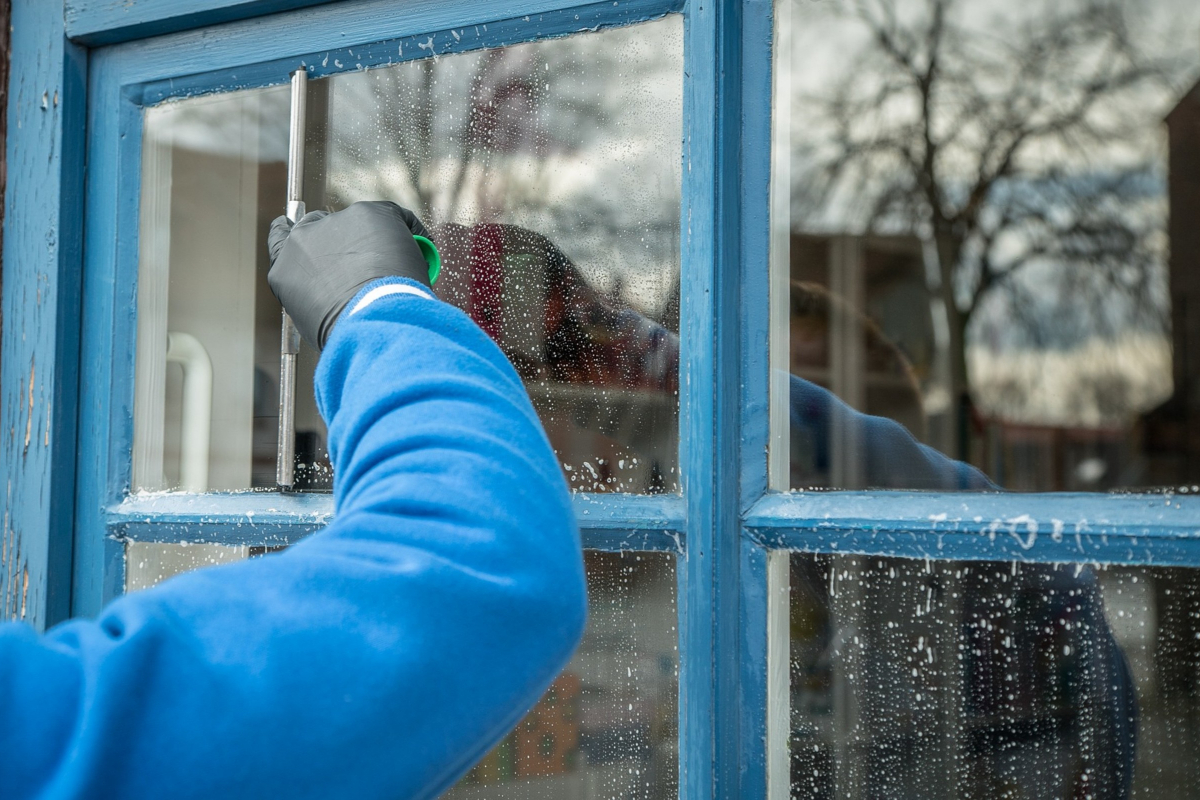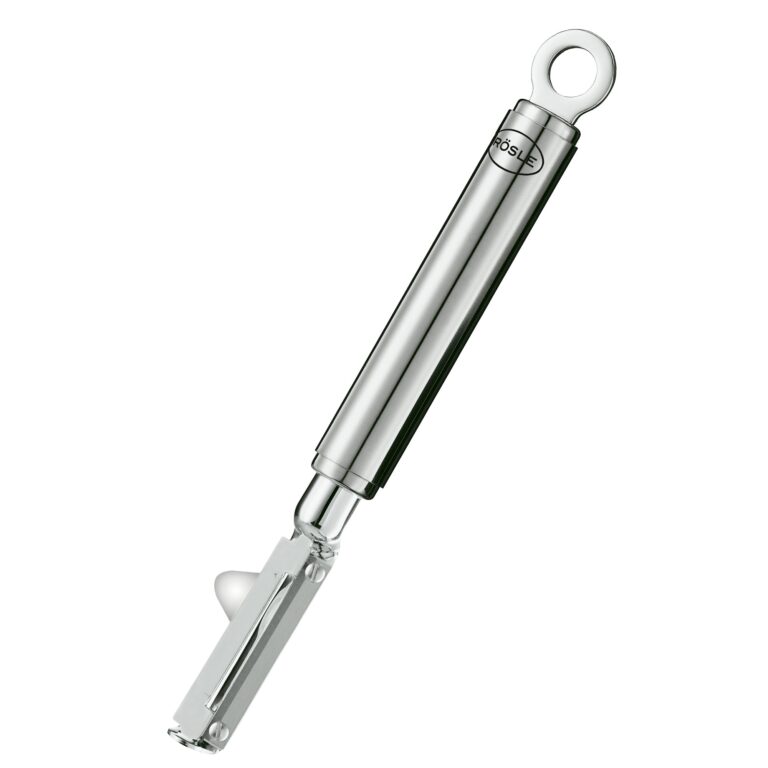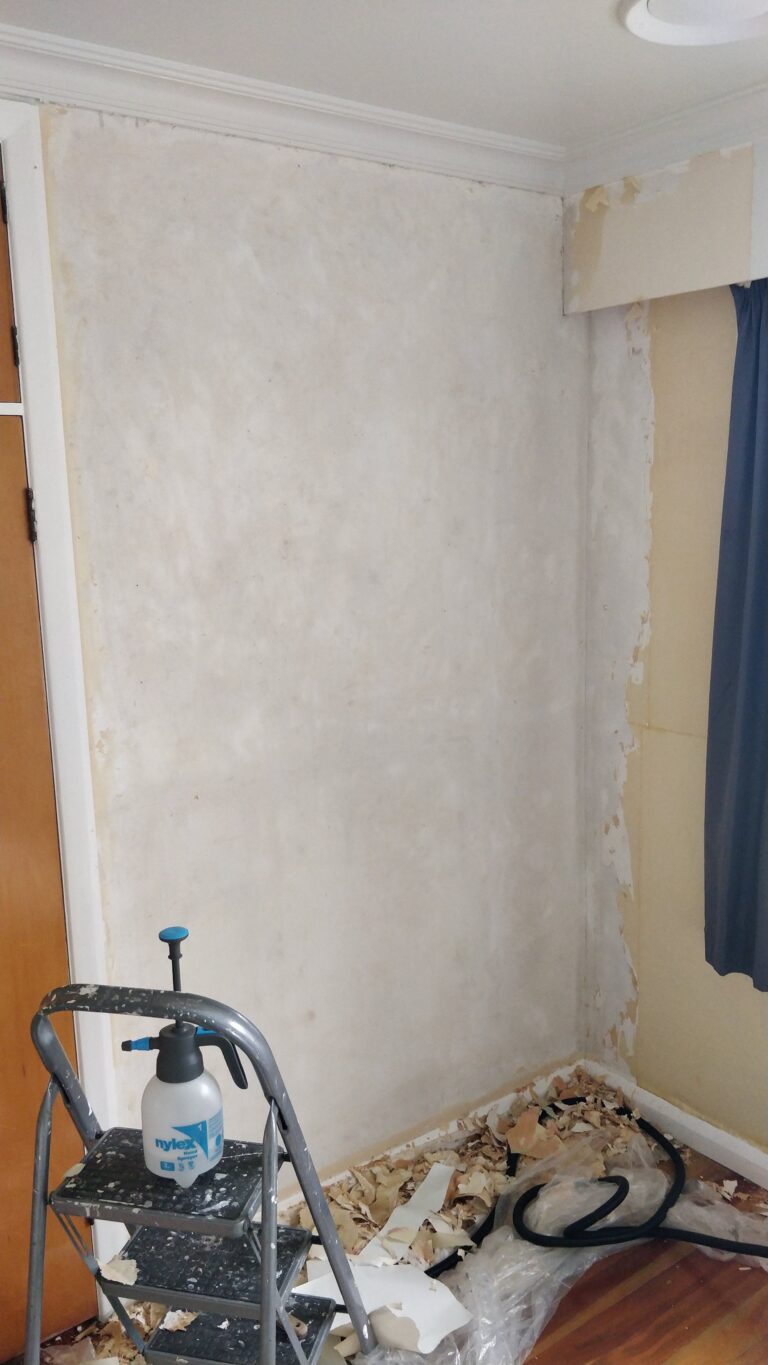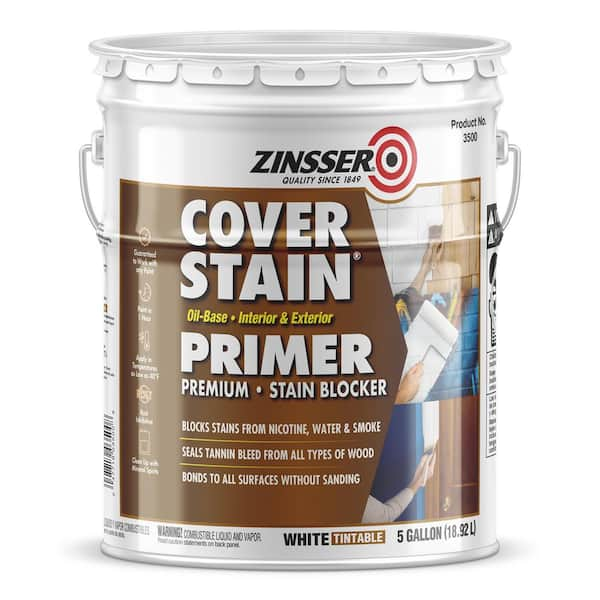Can You Use Rainx on House Windows That are Treated?: Expert Advice
Yes, you can use Rain-X on house windows that are treated. This product helps to repel water, making it useful for improving visibility and reducing the frequency of cleaning.
House windows often get dirty from rain and dust. Treated windows can still benefit from extra protection. Rain-X is known for its ability to keep car windshields clear. But, many wonder if it’s safe for home use. Applying Rain-X on treated windows can help maintain their clean look.
In this blog, we will explore how Rain-X works on treated windows. We will also cover any precautions you need to take. Keep reading to learn how to keep your windows spotless with Rain-X.
Introduction To Rainx
Rainx is a well-known product designed to improve visibility during wet conditions. Many people wonder if they can use Rainx on their house windows. This product is primarily used on car windshields. Yet, its potential benefits for home windows are worth exploring.
What Is Rainx?
Rainx is a water repellent solution. It creates a clear, hydrophobic layer on glass surfaces. This layer repels rain, sleet, and snow, improving visibility. The water beads up and rolls off the treated surface. This helps in keeping the glass clear.
Common Uses
Rainx is commonly used on car windshields. This helps drivers see better during rainstorms. The product also works on other vehicle windows. Besides cars, it can be used on motorcycle visors and boat windshields. Some even use it on shower doors to prevent water spots.
People are also curious about using Rainx on house windows. Treated windows might stay cleaner longer. Water won’t stick, reducing streaks and spots. This makes cleaning easier and less frequent. It’s essential to consider the type of treatment already on the windows before applying Rainx.
Benefits Of Rainx On Windows
Have you ever wondered if you can use Rainx on your house windows, especially if they are treated? If so, you are not alone. Many homeowners are curious about the potential benefits of Rainx on their windows. In this section, we’ll explore the advantages of applying Rainx to your house windows, focusing on water repellency and enhanced visibility.
Water Repellency
One of the main benefits of using Rainx on your house windows is its water repellency. Rainx creates a hydrophobic barrier on the glass surface, causing water to bead up and roll off quickly. This can be particularly useful during heavy rainstorms. Imagine looking out of your window and seeing clear, unobstructed views instead of streaks and raindrops. Pretty cool, right?
Here are some key advantages of water repellency:
- Prevents water spots and streaks
- Reduces the need for frequent cleaning
- Helps maintain clear views during rainy weather
Enhanced Visibility
Another significant benefit of applying Rainx to your house windows is enhanced visibility. Whether you’re enjoying a rainy day inside or trying to catch a glimpse of the beautiful scenery outside, clearer windows make a huge difference. With Rainx, you can enjoy a more transparent view, even in adverse weather conditions.
Consider these points:
- Safety: Clear windows can improve safety by allowing you to see clearly in emergencies.
- Comfort: Better visibility can make your home feel more open and inviting.
- Appearance: Clean, clear windows enhance the aesthetic appeal of your home.
Remember the last time you cleaned your windows only to see them get dirty again after a single rainstorm? Frustrating, isn’t it? By using Rainx, you can save time and effort on window maintenance, all while enjoying crystal-clear views year-round.
In conclusion, applying Rainx to your house windows can offer significant benefits, from improved water repellency to enhanced visibility. So, why not give it a try and see the difference for yourself?
Treated House Windows
Have you ever wondered about using Rainx on your house windows? Especially the ones that are treated? Let’s dive into the world of treated house windows and explore what it means and how it affects your cleaning routine.
Types Of Treatments
When we talk about treated house windows, we refer to windows that have undergone specific processes to enhance their performance. There are various types of treatments, each serving a unique purpose. Here are some common ones:
- UV Coating: This helps block harmful UV rays, protecting your interiors from sun damage.
- Anti-Reflective Coating: Reduces glare and makes it easier to see through the glass.
- Hydrophobic Coating: Repels water, making rain slide off the windows easily.
- Low-E Coating: Improves energy efficiency by reflecting infrared light.
Purpose Of Treatments
Each window treatment has a specific purpose. Understanding these can help you decide whether using products like Rainx is appropriate:
- UV Protection: Keeps your furniture and floors from fading.
- Clarity and Visibility: Anti-reflective coatings ensure clearer views, reducing the need for constant cleaning.
- Water Repellence: Hydrophobic coatings make maintenance easier by preventing water spots.
- Energy Efficiency: Low-E coatings help maintain indoor temperatures, saving on energy bills.
Using Rainx on treated windows can sometimes interfere with these treatments. For instance, applying Rainx on a hydrophobic coated window might not be necessary and could even reduce the effectiveness of the original treatment.
Before you decide to use any product on your treated windows, it’s crucial to know what type of treatment your windows have. You wouldn’t want to undo the benefits of those fancy coatings, would you?
| Type of Treatment | Benefit |
|---|---|
| UV Coating | Protects interiors from sun damage |
| Anti-Reflective Coating | Reduces glare |
| Hydrophobic Coating | Repels water |
| Low-E Coating | Improves energy efficiency |
So, the next time you think about using Rainx, take a moment to consider your window treatments. It might save you some hassle and keep your windows in top shape!

Credit: www.reddit.com
Compatibility With Treated Windows
Using Rainx on house windows treated with special coatings raises questions about compatibility. Treated windows have unique properties. They need specific care to maintain their benefits. Understanding the compatibility helps in making an informed decision.
Manufacturer Guidelines
First, check the window manufacturer’s guidelines. Most manufacturers provide specific care instructions. These instructions often include what products to use or avoid. They aim to protect the window’s special coatings. Ignoring these guidelines can lead to damage. Always follow the manufacturer’s recommendations.
Expert Opinions
Experts often weigh in on the use of Rainx on treated windows. Many caution against using it without proper information. They emphasize checking with the window manufacturer first. Experts agree that using the wrong product can harm the coating. They suggest alternative products designed for treated windows.
Application Process
The application process of using Rain-X on treated house windows requires careful steps to ensure optimal results. Proper preparation and technique can enhance the performance and longevity of the product on your windows.
Preparation Steps
First, gather necessary materials: Rain-X, a clean cloth, and a spray bottle with water. Ensure your windows are free from dust and grime. Use a mild detergent and water to clean the window surface. Rinse thoroughly with clean water. Dry the windows using a lint-free cloth. Check for any residues or streaks. Repeat cleaning if necessary.
Application Techniques
Shake the Rain-X bottle well before use. Apply Rain-X to a clean, dry cloth. Wipe the cloth over the window in a circular motion. Ensure even coverage across the entire surface. Allow the product to dry for a few minutes. Buff the window with a clean, dry cloth until it is clear and shiny. Repeat the process for each window, ensuring even application.

Credit: blessedbeyondcrazy.com
Potential Risks
When considering the use of Rain-X on house windows that have been treated, it is essential to understand the potential risks involved. While Rain-X can be a fantastic product for car windshields, its application on treated house windows may lead to some unintended consequences. Let’s explore some of the possible risks that you should be aware of.
Damage To Treatments
One of the primary concerns is the damage to the existing window treatments. House windows often have special coatings or treatments to improve energy efficiency, reduce glare, or add a tint. Applying Rain-X on these treated surfaces can sometimes cause harm. It might react with the coatings, leading to discoloration, peeling, or streaking. Imagine having invested in high-quality treatments only to see them get ruined!
Long-term Effects
Another aspect to consider is the long-term effects of using Rain-X on treated windows. Although the immediate application might not show any adverse effects, over time, the chemicals in Rain-X could build up. This buildup might lead to residue that’s hard to remove, or worse, it could weaken the window treatments. This is not something you’d want to deal with years down the line.
In conclusion, while Rain-X is great for specific uses, applying it to treated house windows might not be the best idea due to the potential risks of damaging the treatments and causing long-term issues. Always consider these factors before making your decision, and when in doubt, consult with a professional.
Alternatives To Rainx
If you want to protect your house windows from rain, Rainx is a popular choice. But, sometimes, it may not be the best option for treated windows. Let’s explore some alternatives that you can use instead of Rainx.
Other Water Repellents
Several brands offer water repellent products similar to Rainx. These products work well on treated windows. Some well-known brands include Aquapel and Griot’s Garage. These products are easy to apply. They create a clear barrier on the glass. This barrier helps water to roll off the windows. This keeps them clean and clear.
Homemade Solutions
You can also make your own water repellent at home. A simple solution is a mix of vinegar and water. Mix one part vinegar with three parts water. Spray this solution on your windows. Wipe it with a clean cloth. The vinegar helps to repel water. Another option is to use a mixture of lemon juice and water. Lemon juice has natural oils that repel water. Mix one part lemon juice with two parts water. Spray and wipe your windows with this mixture.
These homemade solutions are easy and cheap. They are safe for treated windows. They do not contain harsh chemicals. They are good for the environment. Try these alternatives if you want to avoid commercial products.
Expert Advice
When it comes to using Rainx on house windows that are treated, many homeowners are curious if it’s safe and effective. To shed light on this topic, we’ve sought expert advice from professionals in the field. Here’s what they have to say.
Consulting Professionals
Experts agree that applying Rainx on treated windows requires careful consideration. According to window treatment specialists, it’s important to first understand the type of treatment applied to your windows. Different coatings and films can react differently to products like Rainx.
For example, window film may not interact well with Rainx, potentially leading to damage or discoloration. On the other hand, low-E glass and other protective coatings might be less affected. To be on the safe side, always consult with a professional before applying any product to your treated windows.
Case Studies
Several case studies highlight the varied outcomes of using Rainx on treated windows. In one instance, a homeowner applied Rainx to their low-E glass windows and reported enhanced water beading and easier cleaning. However, another case revealed that applying Rainx on tinted window film caused the film to peel and bubble.
Here’s a summary of some notable findings:
- Low-E Glass: Generally positive results, with improved water repellency.
- Tinted Window Film: Potential for damage, such as peeling and bubbling.
- Anti-Reflective Coatings: Mixed results; some users noticed streaking and haze.
These case studies underscore the importance of understanding your window treatments before using Rainx. When in doubt, a quick consultation with a professional can save you from unwanted issues.
So, next time you consider reaching for that Rainx bottle, remember the importance of expert advice. It might just save your windows from an unintended mishap!

Credit: www.youtube.com
Frequently Asked Questions
Can I Use Automotive Glass Cleaner On My House Windows?
Yes, you can use automotive glass cleaner on house windows. Ensure the cleaner is ammonia-free to avoid damage.
What Can I Put On Windows To Repel Water?
Apply a hydrophobic spray or rain repellent to your windows. These products create a protective layer, causing water to bead and slide off.
How Do You Clean Treated Windows?
Use a soft cloth and a mild, non-abrasive cleaner. Gently wipe the surface to remove dirt and smudges. Avoid harsh chemicals.
What Is The Best Solution To Clean Outdoor Windows?
Use a mixture of water, vinegar, and dish soap. Apply with a sponge, then squeegee dry.
Conclusion
Treating house windows with RainX has benefits and considerations. It’s easy to apply. Treated windows repel water, reducing streaks. Always follow the manufacturer’s instructions. Ensure windows are clean before applying. RainX can enhance visibility and maintenance. Regular reapplication keeps windows in good condition.
Evaluate your window type before use. Clear windows improve your home’s appearance. Enjoy the benefits of treated windows.

My name is Maria, A professional merge game player with years of experience mastering games like Merge Dragons, Merge Gardens, Merge Mansion, and more. My passion for uncovering the best strategies, solving tricky puzzles, and discovering hidden secrets led her to create MergeGameplay.com.






